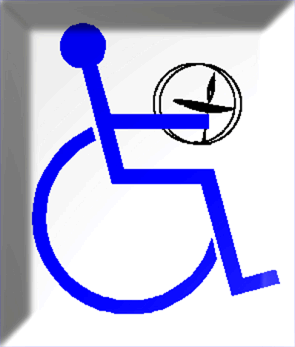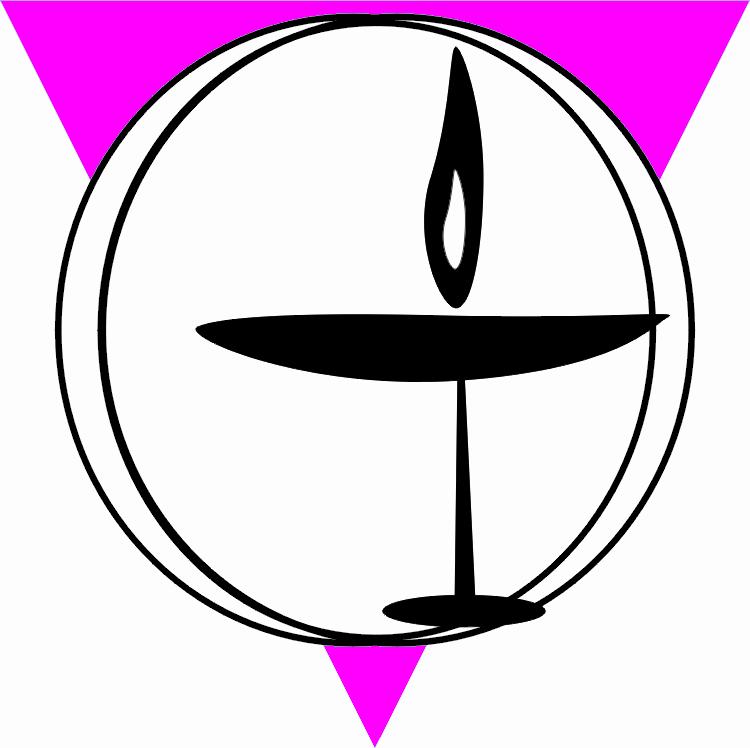


First Unitarian Church of Omaha
— online —
|
First Unitarian Church of Omaha — online — |
|
Worship Education Community The Flame Links |
Eid-al-Adha © Cheryll Wallace 2004
( Eid is pronounced 'eed' and means something habitual such as a holiday that returns and is repeated)
Eid-al-Adha, also known as the Feast of Sacrifice or the Great Feast, is the most important feast day in Islam and comes at the end of the Pilgrimage to Mecca. Each year the last month of the Islamic calendar, the month of Dhul Hijjah, is the month of pilgrimage. Millions of Muslims travel to Mecca in Saudi Arabia during this month. Making a pilgrimage to Mecca is the Fifth Pillar of Islam. The pilgrimage is a form of worship.
Eid-al-Adha lasts for three days and commemorates Abraham's willingness to obey God by sacrificing that which was the most important to him, his son. In the Hebrew scriptures the son that Abraham takes up the mountain to sacrifice is Isaac. In the Islamic scriptures of the Koran, the son that Abraham, or Ibrahim, takes up the mountain is Ishmael, his first-born son. (Ishmael is the forefather of the Islamic peoples.) In the Koran, Ibrahim takes his son, Ishmael, up to Mount Moriah to offer him as a sacrifice to Allah. When he is about to sacrifice Ishmael, a voice from heaven calls his name and stops him from killing his son. It was enough that he was willing to sacrifice his son to show his love to Allah. He is saved from completing the act. Ibrahim notices a ram caught by the horns in a thicket nearby and uses the ram for the sacrifice instead. Eid-al-Adha is the commemoration of this event.
During this celebration Muslims remember the sacrifice of Ishmael by slaughtering an animal such as a sheep, goat or camel. Prayers to Allah are recited during the slaughter and the animal is killed quickly and humanely. One third of the meat from the sacrifice is eaten by the immediate family, one third of the meat is given away to friends and one third of the meat is donated to the poor. The act of giving away the meat during this holiday symbolizes the willingness of the Muslims to make sacrifices and to give up some of their own possessions to strengthen the ties of family and friends and help those in need. It is a renewal each year of the Muslim's commitment to Allah. This reminder of sacrifice comes during the pilgrimage month because the pilgrimage to Mecca is also a time of sacrifice. Pilgrims sacrifice the company of their friends, the comforts of home, their usual dress, make-up, and jewelry, plus the financial costs of the trip. This sacrifice, as it is carried out by Muslims, has nothing to do with bloodshed that atone for sins as does the concept of sacrifice in the Jewish and Christian faiths.
PARENTS' NOTE: Please see the note under the Younger Children section on the next page.
Activities For All Ages To Do At Home This Week
Young Children:
NOTE: The story of Abraham's Sacrifice is a difficult one for young children. By just telling the story to young children a parent may introduce the fear that their parent may also be called upon by God to do the same thing to them. One way to preface the story may be to explain to young children that this story is about trusting God to do the right thing. It is also about promises. God promised that Abraham's descendants would be numerous. In order for that to happen, Abraham's children had to live. Because Abraham trusted God, he did as God asked knowing full well that God would give him a way out when the time came because God was faithful to his promises.
1.
The subject of sacrifice is about giving up something that is important for a while. Each time a person thinks about wanting to do what they have given up, they have an opportunity to remember the reason they made the sacrifice in the first place. Talk with your young child about this concept and come up with something they may want to give up this week as a gesture of thankfulness for the life they live and all of the comforts they have in their homes.
2.
Help your child create an acrostic poem using the word 'sacrifice' where each letter of the word sacrifice is the first letter of a word or thought about the subject.
3.
Make a casserole that is much larger than you will need for a meal at your house. Share half of it with a family that is needy or if you don't know such a family, share it with friends.
4.
Give up one meal each day for the next week and give the money you would have spent on those meals to a charity of your choice.
5.
Invite someone you know who is a Muslim to come to your home for a visit so that you can learn more about Islam OR plan a visit to an Islamic Center or mosque near you.
6.
Think of a 'pilgrimage' of your own that you would like to make someday. It could be to the land of your ancestors, to a city of historical importance such as Jerusalem or Hiroshima, or to visit a holy shrine such as Stonehenge or Lourdes. Start a notebook in which you put pictures and articles about your pilgrimage, notes about what you would like to do when you go there and research on the costs etc.
7.
If you have too many toys to fit in your room, too many books to fit on your shelves, too many dishes in your cupboards or clothes in your closet - take some of the excess and donate it to someone who could use it or to a charity that will distribute it.
|
|
First Unitarian Church of Omaha • 3114 Harney Street • Omaha, NE 68131 phone 402-345-3039 • fax 402-346-2662 |